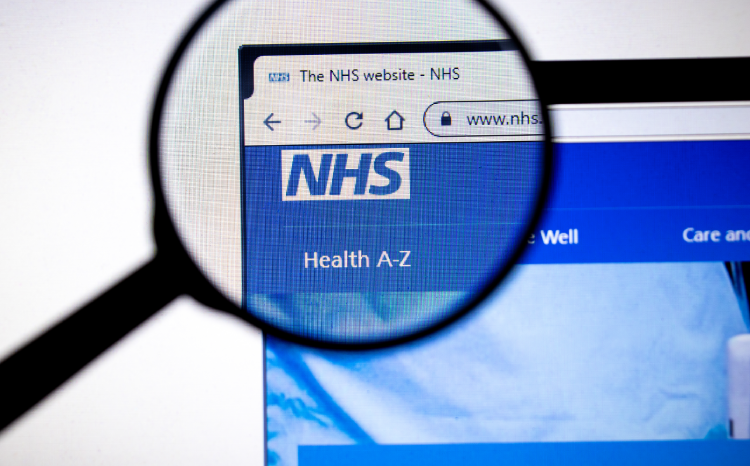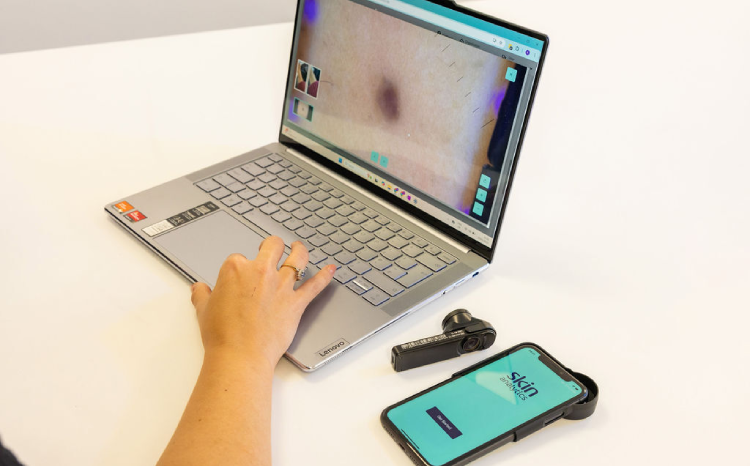Lib Dem manifesto promises GPs by Skype
- 15 April 2015

The Liberal Democrats have promised to open up access to GPs by using phone and Skype appointments in their manifesto, launched this morning.
The party is the only one of the big three political parties in England to mention alternatives to traditional, physical appointments in its plans to “ensure easier access to GPs”, which seems, unexpectedly, to have become a hot election issue.
The pledge also appears to represent Liberal Democrat plans to “set aside £250 million from the sale of redundant NHS assets” to fund a “digital revolution” in the health service that were unveiled at the end of last week.
Party leader Nick Clegg said the one off ‘transformation fund’ would also be used to make more doctor appointments and repeat prescriptions available online, and to fund the IT needed to support the ‘Five Year Forward View’ launched by NHS England chief executive Simon Stevens in October.
Despite this, the majority of pledges to “protect the NHS and improve health” in the manifesto itself focus on funding, joining up health and social care, and the party’s long-standing interests in mental health, delivering a better deal for carers, and public health.
The lengthy document, launched in Battersea, and running to more than ten pages on health alone, sets out a commitment to making sure that “NHS funding in England will be at least £8 billion a year higher in real terms by 2020.”
It says this would fund the Five Year Forward View, which calls for investment in public health and new service models to find the £22 billion of demand and efficiency savings that will be also be needed to bridge a projected gap between funding and demand of £30 billion by 2020-21.
The Conservative Party has made a similar commitment, although Labour has said it is unfunded, while Labour has promised a ‘time to care’ fund, paid for out of its planned mansion tax.
The Liberal Democrats set out more detail about where the money would go, with “half the initial £1 billion” intended for “providing care in people’s own homes and communities” – which could indicate a big investment in risk stratification, monitoring and telehealth.
The manifesto also calls for a review of health and social care funding, for social care policy and funding to move to the Department of Health, for “full pooling of budgets between the NHS and care services” by 2018, and for experiments with both “integrated” care organisations and commissioner/provider organisations.
There are no similar, detailed commitments to a shake-up of NHS and council structures in the other parties’ manifestos. The new models will need considerable investment in IT to work.
Previous Liberal Democratic manifestos have been similarly technocratic. However, the 2010 version promised to abolish Connecting for Health, the agency that ran the National Programme for IT, and to enable patients to “email” their GP. So in this respect, the 2015 document is moving with the times.
* The Green Party has also published its manifesto, which focuses on ‘ending privatisation’ in the NHS and creating a new transparency agenda by ending commercial confidentiality – a move that would certainly open a lot of healthcare IT business to new scrutiny.
* UKIP’s manifesto focuses on making sure that visitors and migrants to the UK pay for NHS care, and on ending hospital car parking charges.
More unexpectedly, it calls for Monitor and the Care Quality Commission to be replaced with “elected county health boards” in a move that would take the NHS back to its pre-internal market structures, and for a ban on the sale of NHS data to third parties, which would stymie the care.data project.





